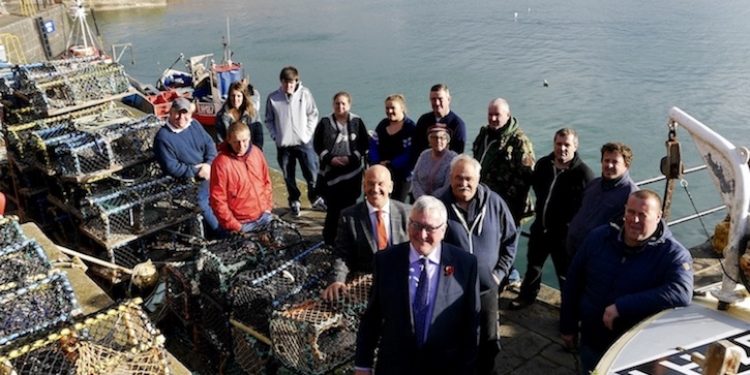New research suggests that Brexit could cause significant harm to Scotland’s seafood industries if the UK does not remain in the single market and the customs union. The study commissioned by the Scottish Government to understand possible impacts on the seafood sector examined hypothetical scenarios for the UK’s exit from the European Union including changes to fishing quota shares and the impact of different types of international trade on the industry.
The research found that all of the plausible trade scenarios modelled would leave Scotland worse off than the current situation as a member of the EU. The study further concluded that any increase in fishing quotas would be offset by increasing tariff and non-tariff measures once the UK leaves the European single market and customs union, and that remaining in the single market and the customs union is the least worst outcome for the sector.
The research commissioned by the Scottish Government further concluded that farmed salmon, the UK’s most valuable food export, could experience a decrease in export value of between 4 to 6% in the absence of free trade with the EU, and that under all of the scenarios Scotland’s aquaculture industry would be adversely affected.
‘This report confirms that reduced access to EU markets could significantly harm Scotland’s seafood industries, with those parts of our sector reliant on the speedy supply of fresh product to European markets particularly at risk,’ said Scotland’s Rural Economy Secretary Fergus Ewing.
‘The modelling of these four different scenarios highlights the complexities of Brexit for our seafood industry and in the absence of full EU membership, maintaining membership of the European Single Market and remaining in a customs union is the ‘least worst’ outcome for our fishing, aquaculture and processing sectors.’
He commented that the report suggests that there is unlikely to be an immediate gain for the fishing industry with any quota increases for the fleet only likely to be achieved through international agreement following negotiation over time with coastal state partners.
‘Those economic gains could be reduced through the impact of tariffs on trade,’ he said.
‘We will therefore continue to push to remain in the European Single Market and a customs union with the EU which is essential to protect and support the Scottish seafood sector, both at sea and onshore. We will also reiterate our calls for the UK Government to guarantee that it will not bargain away access to Scottish waters and resources to secure other UK interests.’









